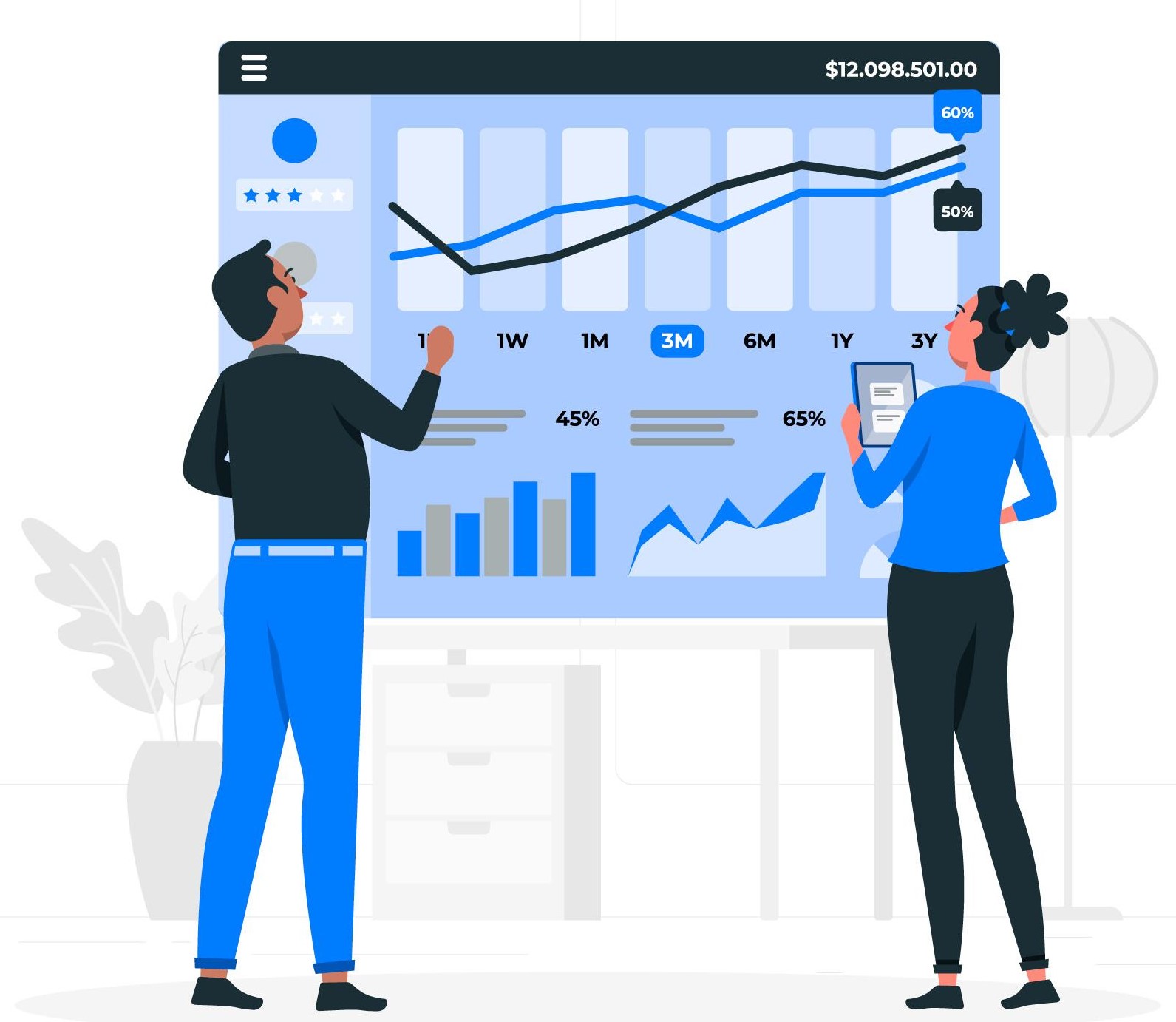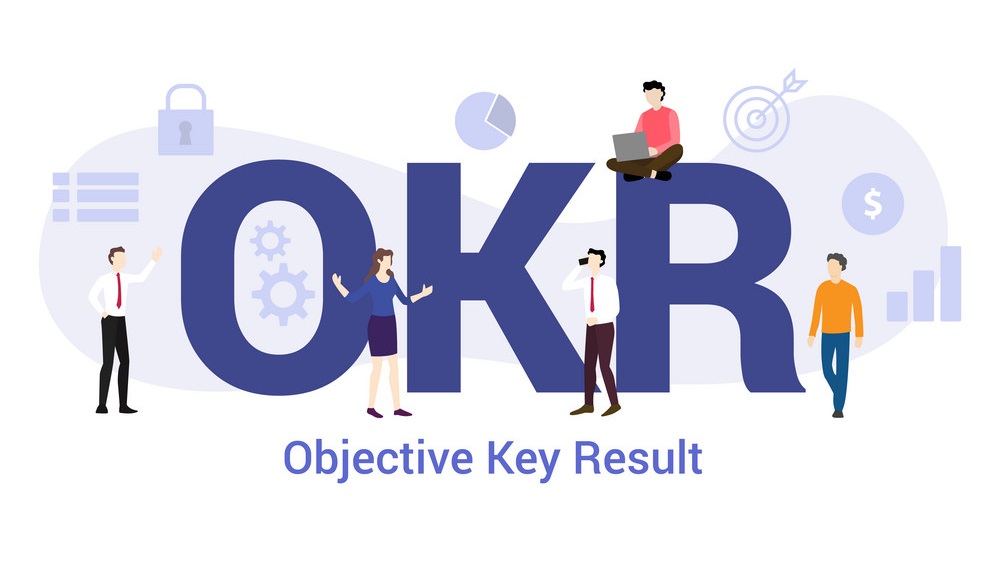Blog
Hybrid Work Culture and the Importance of Performance Management
August 27, 2021
Hybrid work culture is here, and from its looks, it will be around for much longer than expected. There isn't much argument to the fact that hybrid workplaces are the way of the future. Entrepreneurs, CEOs, and managers alike have to attune themselves to the importance of effective performance management in this new culture. With the sudden changes that have come about, many organizations have shifted to a mix of on-site work and remote work. But, unfortunately, the traditional methods of manag

Hybrid work culture is here, and from its looks, it will be around for much longer than expected. There isn't much argument to the fact that hybrid workplaces are the way of the future. Entrepreneurs, CEOs, and managers alike have to attune themselves to the importance of effective performance management in this new culture.
With the sudden changes that have come about, many organizations have shifted to a mix of on-site work and remote work. But, unfortunately, the traditional methods of managing performance and the performance management tools used don't work the way they intended. This leaves a gap in managing your talent's output that needs to be filled in, and it needs to be done quickly.
Thankfully the sudden changes that have been experienced all around the world have also spurred innovations. New tools consider the shifting dynamics and requirements of hybrid work management using the OKR goal-setting framework.
We can't very well leave the performance of employees up to change. So let's dive into why it is essential to create a performance management strategy that works for the hybrid workplace.
Why do you need performance management tools?
Customer experienceWith some employees working at home and others at the office, your customer is likely to be impacted the most without adequate measures in place.
Creating an incentive for your employees to be their best, wherever they are, is key to ensuring that your business continues to thrive.
Workplace attentionThis may seem strange; however, it can be quite hard on specific individuals when they don't have someone to immediately answer a question or a query, even if this means having a quick chat with a colleague or a pat on the back from the boss.
Steps need to be taken to ensure that employees feel seen.
Proximity biasThis is an obvious one. A manager's chance that the employees at work are doing a better job than those at home is higher when a system isn't in place.
This is likely not done intentionally; it stems from the fact that the manager can't physically see how much effort the employee at home is putting in.
While the guys who come into the office could feel that the people sitting at home are busy eating popcorn and watching their favorite shows instead of helping the team achieve their goals.
You don't want a divided workforce that feels like one lot is being favored over the other.
ProductivityWorking from home had been a luxury that only the most committed, driven individuals were given. It had always been considered a perk.
Now that it has become more of a necessity combined with the fact that every individual has their motivation and drive, it can lead to disaster.

What do you do about it?Even when the world isn't close to a chaotic meltdown, performance management is a practice that is vital to every person in an organization. However, the hybrid workplace demands more attention to a structured performance management system with less oversight than before.
It is a fair bit more complicated to manage employees when you don't have the luxury of looking over their shoulders or seeing them in action.
Using the latest tech available and implementing the right strategies to leverage that tech is the best way to get around performance management with the advent of the hybrid work culture.
Goal-setting using OKRsOKR stands for objectives and key results.
OKRs allow an approach that involves everyone in an organization to create strategies and goals that are adaptable. The design is driven to achieve results by focusing on the question or problem and aligning individual and organization efforts to achieve the set goals as quickly as possible.
This system allows your talent and the organization as a whole to reach for the stars and then fly to them.
That means that once you've achieved the goals, the next step is to further them, thereby gaining more than what was initially aimed for.
You should get key results from using OKRs: priorities are never diminished, and accountability is checked at each stage.
Workers can define their goals, understand what needs to be done differently, and ultimately make the changes to achieve the best results.

Performance Management SoftwarePerformance management software systems are key to ensuring that the hybrid work culture is as productive as you need it to be.
A good performance management software should have a clear way of measuring success. You shouldn't have to pour over tonnes of data to understand if your strategies are working.
This helps keep your workforce focused on the goals; the great results you produce can be shared to motivate them.
Your performance management solution should leverage the latest developments in AI and machine learning. Automated systems allow managers to step away from micromanaging and focus on the more critical tasks.
A quick reminder pop-up or a visually pleasing prompt can go a long way in keeping individuals focused on their work goals.
The system could incorporate as much transparency as possible. This will allow for continuous loops of constructive feedback and a clearer understanding of individual and team performance. Of course, the best thing is that the input can be used in real-time.
Oversight has always been critical in ensuring goals are met. A good performance management software should allow apparent, unobstructed oversight of what goals are being met and which areas need more focus.
Of course, transparency is the key. A team that can look at their goals, understand how they contribute to the organization's plan, and know what they are doing to achieve it is likely to be more productive.
This also alleviates the proximity bias issue. Managers can see who is performing well based on a set number of parameters. Since the tech cannot be biased, this dramatically reduces the risk of human bias getting in the way.
Conclusion
Numerous factors go into successful performance management. However, the fact is that with an excellent goal-setting framework and intelligent software that takes care of all these aspects, managing the hybrid work culture becomes a lot less complicated.
There is no doubt that some change has to come about, and it needs to be now. With the hybrid culture becoming a norm, the quick adaptation of performance management software tuned for this new environment and more agile and functional strategies like OKRs need to be considered.
The world of work is changing, and the culture surrounding work is changing quickly. When looking for performance management software, look at one that has taken all this into account and more.
Please take a look at PossibleWorks; you will understand that they understand what you need and can meet your demands.